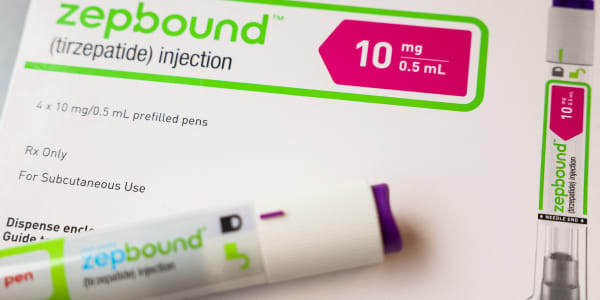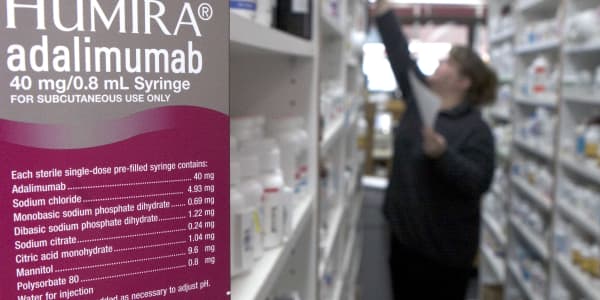A 3D joint venture has set its sights on the need for prosthetic arms for child amputees.
The 3D printing company Stratasys and software firm Dassault Systemes have announced they are to partner with U.S. start-up Unlimited Tomorrow.
Funded via the Indiegogo platform, Unlimited Tomorrow is the brainchild of Easton LaChappelle, a self-starter who invented his first robotic hand at the age of 14.
LaChappelle, now 22, said he first realized he was on to something big at a science fair in 2013 when he met a young girl who kept looking at his presentation.
“Her ongoing interest caught my eye and I realized she was missing an arm and wearing a prosthetic device,” LaChappelle told CNBC by phone. “I found out my little project with movable fingers was more advanced that her $100,000 prosthetic.”
He soon caught the attention of Microsoft. Working in laboratories owned by the tech giant, LaChappelle came into contact with a new 3D printer machine from Stratasys that could print in color and to precise designs.
“So that really was the obvious printer for this device and what has really allowed us to get the human-like element in there,” LaChappelle said.
Traditionally, patients visit doctors over several weeks to help design a new prosthetic. Now, Unlimited Tomorrow can post a scanner mounted to an iPad to the patient. With the aid of a friend or family member, the patient scans both their good arm and the stump at the point of their missing limb.
LaChappelle said the information is then formatted using CAD design software and a printed arm, could, theoretically, be available the same day. He added that the process could reduce costs per prosthetic from as much as $100,000 to as little as $5,000.
Only one device has so face been created and is worn by Momo, the girl who showed interest at the art fair.
Weighing less than a pound and with a battery life of three to four days, the user feedback has been reportedly positive. But the challenge is to make the prosthetic commercially viable.
"So far, from testing every socket that we have created fits like a glove from the start," LaChappelle said.
The inventor added that the ability to match skin tone and replicate blemishes is a huge improvement on current prosthetic devices and the addition of paintable fingernails was psychologically important for young girls.
Scaling up
The design is to be refined for mass production and Stratasys will print 100 arms at no cost within the next 18 to 24 months.
Michael Gaisford, director of healthcare solutions at Stratasys told CNBC that the challenge of creating prosthetic arms for children who are still growing was significant, but important to resolve.
"Children are some of the people who will benefit most from an effective prosthetic," he said. "Because of the importance to self-esteem and secondly to learn the skills that they need to be productive and engage in schoolwork and play. It's vital for development."
The funding platform
Unlimited Tomorrow has so far raised $355,000 from 411 investors on Indiegogo. It was after he used the fundraising platform that LaChappelle received attention from industrial companies.
Jonathan Cohen, chief enterprise solutions officer at Indiegogo, said like other Fortune 500 companies do, LaChappelle has used the funding platform to validate his product.
Cohen said crowdfunding has also been leveraged to work with the best brands and get the story to market.
"So, instead of raising 25 to 100 million, he is raising a million dollars for operations and partnering with the world's best enterprise brands to create the next 100 arms," he said.






